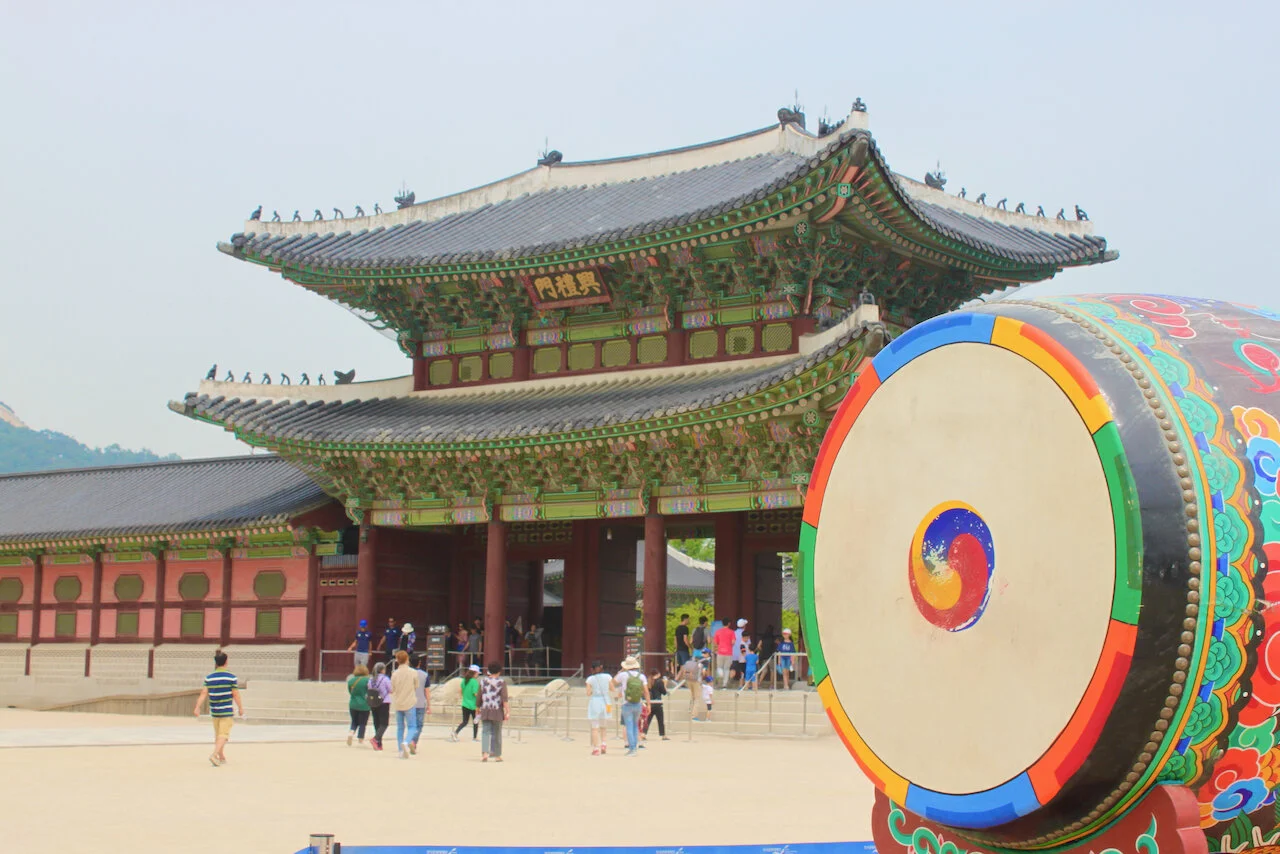Chatelaine: Why The Resonant, Acclaimed Minari Should Be The Next Film You Watch
Photo courtesy Elevation Pictures
Feb. 24, 2021
Growing up in suburban Ontario in the 1980s, my brother and I spoke a form of bastardized Korean with our parents, a secret language understood exclusively between children of Korean immigrants and their parents in the English-speaking world over: Konglish.
That was our reality.
So the fact that the critically acclaimed movie Minari was thrown into the foreign-language film category at this year’s Golden Globes (which takes place on Sunday) because it doesn’t feature at least 50 per cent English dialogue is an affront to the lives and realities of first- and second-generation Koreans who grew up toggling clumsily back and forth between two languages—sometimes through tears and frustration.
In press notes, filmmaker Lee Isaac Chung points out that he deliberately chose to write the family’s dialogue for the U.S.-set drama in Korean in order to preserve a sense of authenticity that becomes irretrievably lost when immigrant characters are made to speak English in a film.
The result is a believable, unfiltered piece of storytelling that is refreshingly—and sometimes painfully—raw in its honesty.
More at https://www.chatelaine.com/living/entertainment/minari-movie-canada/




